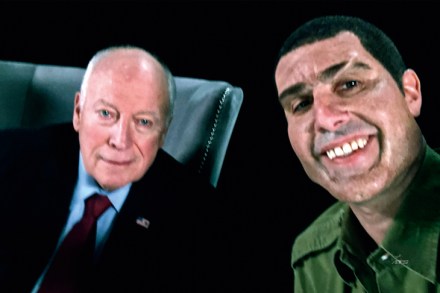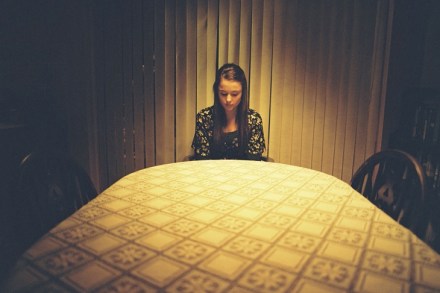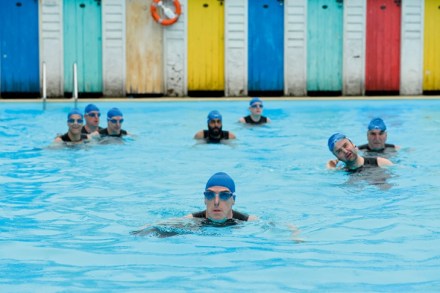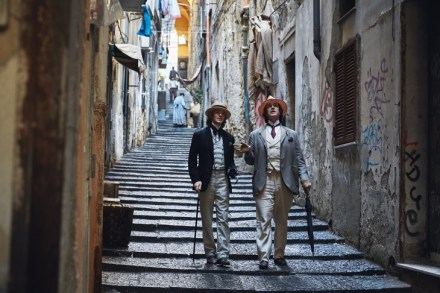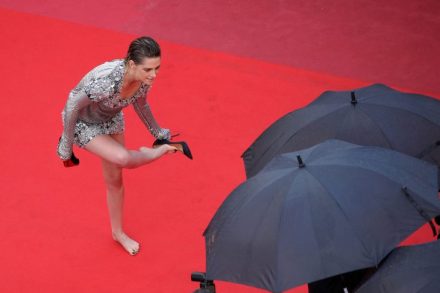An artist’s eye
There are moments in The Guardians when you can imagine you’re in the wrong art form. Time stills, the frame all but freezes, and the film seems to have taken a left turn into an exhibition of fetching French landscapes and interiors from the early 20th century. The camera hovers over the harrowed earth, admires the sturdy sunlit front of a farmhouse, lingers thoughtfully on a face. The running time of 138 minutes could easily have been slashed to 100 by a heartless editor. But this is un film de Xavier Beauvois, a specialist in painterly exactitude. The writer-director’s greatest success came in 2010 with Of Gods and Men. This,




